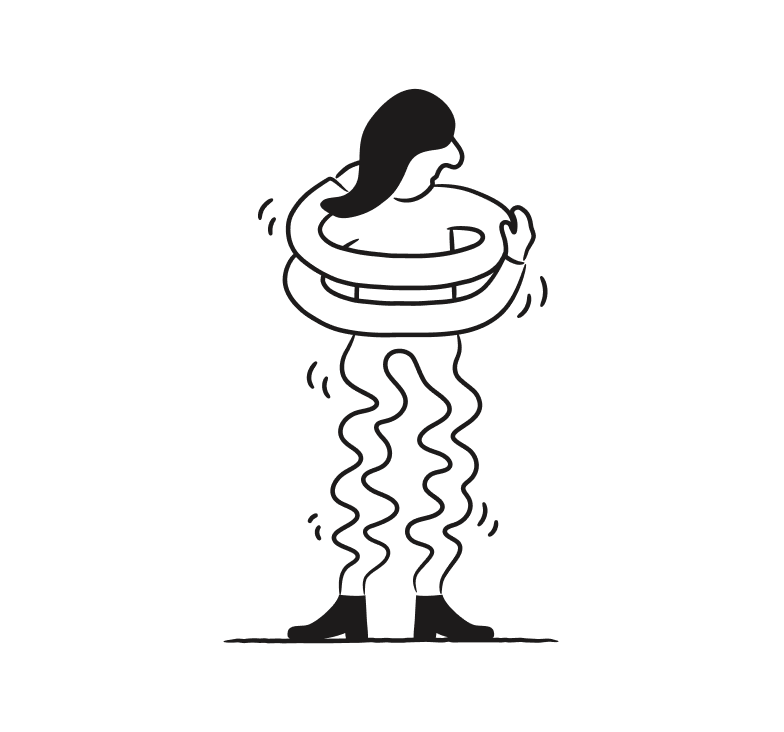What we treat
Support for phobias in Surrey
Most of us have things we’re afraid of that make us briefly anxious. Having a phobia is very different. It involves having an extreme, overpowering and persistent fear of a specific object or situation that’s out of proportion with the actual danger it poses.
Phobias can develop around a wide range of contexts such as flying, going to the dentist, being in spaces that are difficult to exit, encountering specific animals, and also in response to a wide array of objects, such as needles, vomit or blood, or even seemingly harmless objects too.
Specific phobias are among the most common anxiety disorders, and not all phobias need treatment. But if a specific phobia affects your daily life, several therapies are available that can help you work through and overcome your fears — often permanently.

Symptoms of phobias
People with a phobia will experience an intense sense of dread or panic when faced with the subject of their fear.
These fears can become all-consuming and have a big impact on the way someone functions in their everyday life, both at work and in personal relationships.
- Racing heart
- Trembling or shaking
- Numbness or tingling
- Sweating
- Nausea
- Dry mouth
- Diarrhoea
- Feeling dizzy or lightheaded
- Feeling like you are choking
- Faster breathing or difficulty breathing
- Chest pain or tightness
- The regular overestimation of the risk of harm and associated sense of threat posed by a specific situation or object
- The underestimation of your ability to cope with the identified threat
- Feeling overwhelmed by anxiety or fear of a specific object or situation
- Knowing that your fear is not logical, but not being able to control it
- Anticipatory anxiety: becoming nervous ahead of time about being in certain situations or coming into contact with the object of your phobia
- Worsening anxiety as the situation or object gets closer to you in time or physical proximity
- Doing everything possible to avoid the object or situation or enduring it with great distress
- In children, tantrums, clinging, crying, or refusing to leave a parent's side or approach their fear
How to support a loved one experiencing a phobia
If you’re close to someone who is suffering with a phobia there are a number of things you can do to help them.
It’s important to take their phobia seriously. Even if you don’t understand the fear, it is likely causing them a lot of distress and anxiety.
Read online resources about what it is. Other people’s experiences will help you understand what they’re going through. Listen to the person about their personal experience too.
It can be important, even if you do so with the best of intentions, not to pressurise your friend or loved one into phobic situations or encounters with phobic objects before they decide they’re ready. Often, the best way forward is to encourage them to access psychological therapy, on their own terms, which will allow them to deal with the phobia through a structured approach they feel in control of.
Support them in seeking help. Help them arrange a GP appointment and go with them if they would like you to. The GP will refer them to a therapist who will be able to help.
Reassure them that help is available and that it’s absolutely possible to live a life free of any and all phobias.
Supporting people in Surrey
Mindler is working in partnership with the NHS Talking Therapies in Surrey providing free and confidential talking therapy to adults aged 17 and over across Surrey. It’s quick and easy to access our service, with no need to see your GP first.
Simply click on the Self-refer button to answer a few questions via our online referral chat, and you can have your first session within days.


